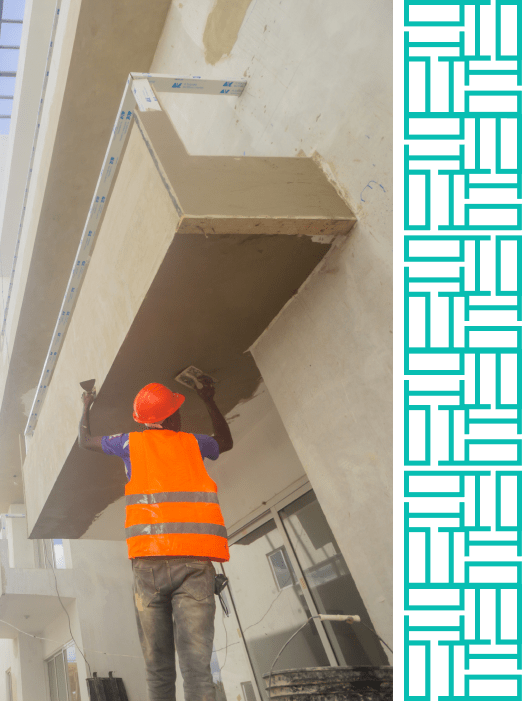
SHELTER AFRIQUE DEVELOPMENT BANK 44TH AGM
Shelter Afrique Annual General Meeting (AGM) Registration Closes in:
Day(s)
:
Hour(s)
:
Minute(s)
:
Second(s)
Introduction & Background
Housing market dynamics in Africa cannot be understood without a comprehensive grasp of the political economy of the housing sector. It is essential to understand the interactions between the main stakeholders that have shaped the housing production and delivery value chain, as well as what is at stake at each of the critical stages throughout the value chain. In so doing, it is crucial to explore the incentive mechanisms facing the main stakeholders in the housing value chain as well as the induced outcomes in terms of the provision of decent and affordable housing for everyone.
As the second most essential basic need of humankind after food, the impact of housing on the health, welfare and output of man is profound. It plays a vital role in a person’s standard of living and place in society. The performance of the housing sector is one of the yardsticks by which the health of a nation is measured. In most developed economies, the housing sector is seen as an important sector for stimulating economic growth.
Housing, as a prerequisite for safe, inclusive, equitable, resilient, and sustainable cities, contributes directly or indirectly to the implementation and realization of SDGs. Directly supporting SDGs ,9 ,8 ,17 & 16 ,12 ,10, Indirectly supporting SDGs 4 & 2, and an Integral part of 13 & 11 ,7 ,6 ,5 ,3 ,1.
African man working in housing construction, applying cement in a high area of the construction site
In Agenda 2063 on “The Africa we want” Implementation Plan (2013 –2063), the first Aspiration in the Goals and priority areas is for a prosperous Africa based on inclusive growth and sustainable development. This would be achieved by ending poverty, inequalities of income and opportunity, job creation, especially addressing youth unemployment, facing up to challenges of rapid urbanization, providing decent and affordable housing, improvements of habitats and access to basic necessities of life (water, electricity, social security), developing human and social capital through education and skills, quality health care, economically through manufacturing, industrialization and value addition, among others.
The COVID19- pandemic demonstrated that adequate housing could be a front-line defence against contagious diseases. For instance, when ‘Stay home, save lives became a global mantra to contain COVID19-, many low-income and vulnerable families without a decent home saw their living conditions substantially worsened—the adverse effects of the COVID19- crisis that has since affected the entire world economy and that of Africa. The socio-economic impacts of the crisis have been real. The African population has been informed of the impact, while policymakers have since been advised accordingly on better ways that would lessen the adverse impacts of the pandemic.
During the 9th Edition of the Africities Summit that was recently held in Kisumu City in Kenya, whose theme was “The Role of Intermediary Cities in the Implementation of the United Nations’ 2030 Agenda and the African Union’s Agenda 2063”, one of the Declarations, No. 16 from the Summit was a Call on the entire African Community to commit itself to the empowerment of women and youth by promoting economic support programs dedicated to women and youth, but also by facilitating access to decent and affordable housing. The follow-up and implementation of this declaration is a preserve for participating African countries and call for concerted efforts from the policy level to the actualization of the goal.

